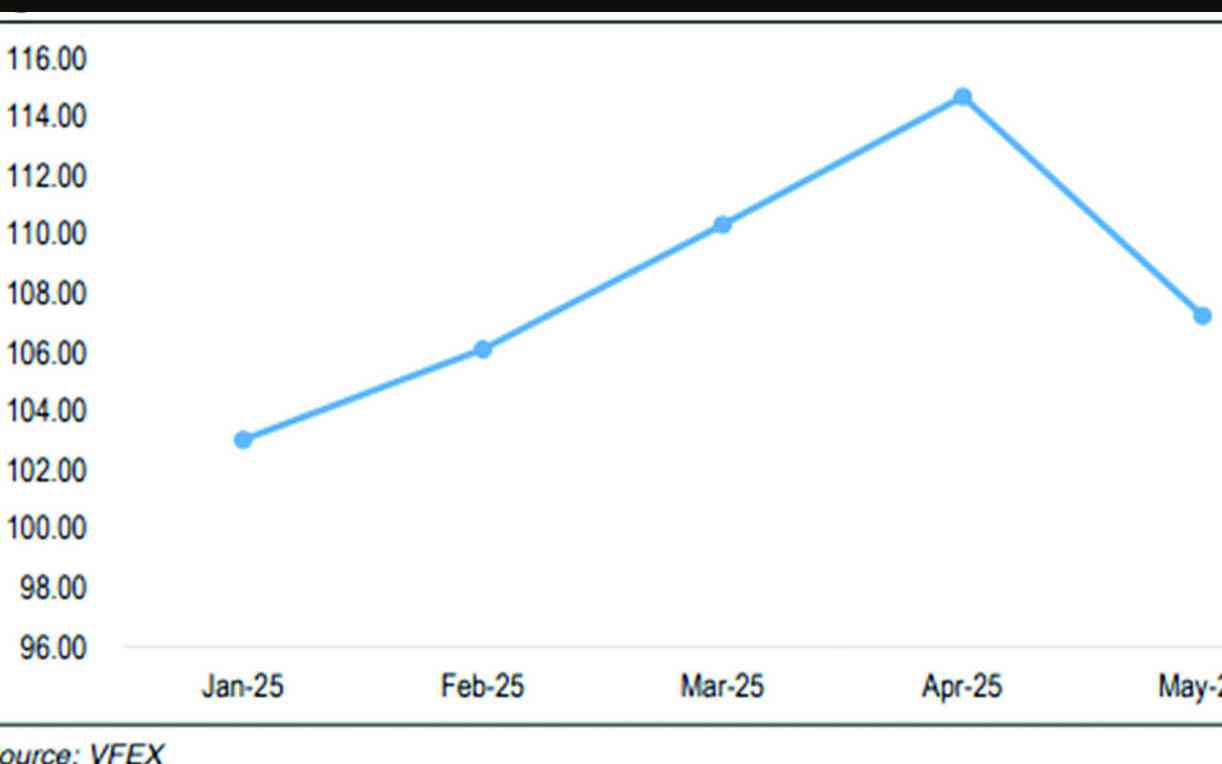THERE is something fascinating about weddings in the African setting. It is a moment to show off, a moment to proclaim we have achieved.
However, it is also a moment that hides a lot about the family: — the family strife, poverty and petty jealousies.
It is a moment to create the best impressions, impressions that last a lifetime.
However, a closer look at the wardrobe, the bridal team fleet, the décor and the menu may show a few things.
Some could be borrowed, hand downs or even from benevolent neighbours.
The Zimbabwe government this week boasted that it was achieving great strides in provision of health services to its people. It produced figures to back the success in a post-Cabinet statement.
Keep Reading
- Open letter to President Mnangagwa
- Feature: ‘It’s worse right now than under Mugabe’: Sikhala pays the price of opposition in solitary cell
- Masvingo turns down fire tender deal
- Human-wildlife conflict drive African wild dogs to extinction
Health minister Douglas Mombeshora said: “During the first half of the National Health Strategy, life expectancy at birth for females increased from 66,5 years to 68 years, while life expectancy at birth for males remained at 61 years.”
This looks impressive from a base when life expectancy was around 40 two decades ago.
The improvement is a result of donor/development partners coming in a huge way to fund health services in Zimbabwe, although the government would like to give the impression that it is funding health services from the national coffers.
The Health ministry added: “Public health expenditure per capita has been increasing since the start of implementation of the National Health Strategy. There was a general increase in the availability of medicines in health facilities, from 51% in 2020 to 54,1% in 2021. In the second quarter of 2022, almost 96% of public health facilities had at least 80% of essential medicines in stock.”
This looks impressive and needs applause if it was the full and true picture. The government further rattled another series of figures saying antimalarials, ARVs and anti-TB medicine stocks remained adequate during the period.
It posited that Zimbabwe has made progress in responding to the HIV pandemic over the years and in 2021, the proportion of people living with HIV who were put on antiretroviral therapy (ART) was 98%.
Let’s have a few heart-jarring facts.
Five years ago, a Parirenyatwa Group of Hospitals paediatrician cried before the media saying babies were dying because there were no basic medicines and equipment to keep them alive. The doctors were demanding better working conditions.
They also argued that the then Health Services Board (now Health Service Commission) executive had handsome perks that included luxury Range Rover sport utility vehicles, yet basic things for a central hospital to function were not in place.
Things have not changed much since then. Citizens seeking medical attention at public health facilities more often than not are asked to buy their own gloves, painkillers and prescribed drugs because the hospital pharmacies have nothing.
The situation is the same at all central and provincial hospitals which are, ironically, referral centres from district hospitals and municipal clinics.
Health personnel are still underpaid and many are voting with their feet, migrating to other countries in search of greener pastures.
Statistics from the United Kingdom show that as many as 4 000 health workers entered the island borders in search of work in the last 12 months alone.
It is estimated another hundreds or thousands are in South Africa, Australia, Canada and the United States.
At one point, the Health ministry put a policy that all local medical trained workers would have to serve at least five years before they are allowed to migrate.
Interestingly enough, the State-controlled daily, The Herald, in its Friday edition published an article on the Health ministry receiving medicines and equipment valued at US$9,2 million for maternal health care.
The medicines and equipment were handed over under the Health Resilience Fund, which receives financial support from the European Union, governments of Ireland and the United Kingdom, Gavi, Vaccine Alliance, United Nations Population Fund, United Nations Children’s Fund and the World Health Organisation as the technical partners of the fund.
It is clear that the President Emmerson Mnangagwa’s administration is trying to reap where it did not sow.
The health and sanitation sector in Zimbabwe is limping at the benevolence of development partners.
The fiscal allocation to the Health ministry just, like any other ministry, is swallowed by wages and salaries budget line year in, year out.
It is not a surprise that the Executive in the last six years has been working fervently to privatise health and education sectors.
In the period since 2018, the number of private health facilities that were built and are now operational is astonishing.
When one also looks closely at the Executive report, one cannot help but notice that the statistics being used are mainly from 2021 or 2022, no current or statistics as of December 2023.
It, therefore, should not be baffling that the government gets a number of things wrong and is shooting in the dark.
The Cabinet statement cannot be anything else besides being a public relations exercise. It was meant to hoodwink the citizens.
Why did it not state how much were developing partners pumping into the public health sector?
It is a public secret that HIV/Aids, TB and malaria programmes are generally funded by development partners.
This is the same when one looks at who sponsored the boreholes and solar-powered plants at clinics and hospitals. These are all done by development partners.
Then the big question arises: What will happen the day the donors cut back or totally withdraw their funding?
The short answer is: The cookie will crumble.
It is for this simple reason that the Zimbabwe government should locally fund the health and educational sectors.
Zimbabwe should become independent of donor funding. Reliance on donors is not sustainable and at some point, the bubble is going to burst.
At any rate, citizens in rural communities and the poor in urban areas know that they cannot get medical help at their public health facilities and hence the mushrooming of surgeries and private suburban hospitals.
It is a sad reality that we are still dependent on donors for our health, except if you are rich.
- Paidamoyo Muzulu is a journalist based in Harare. He writes here in his personal capacity.





